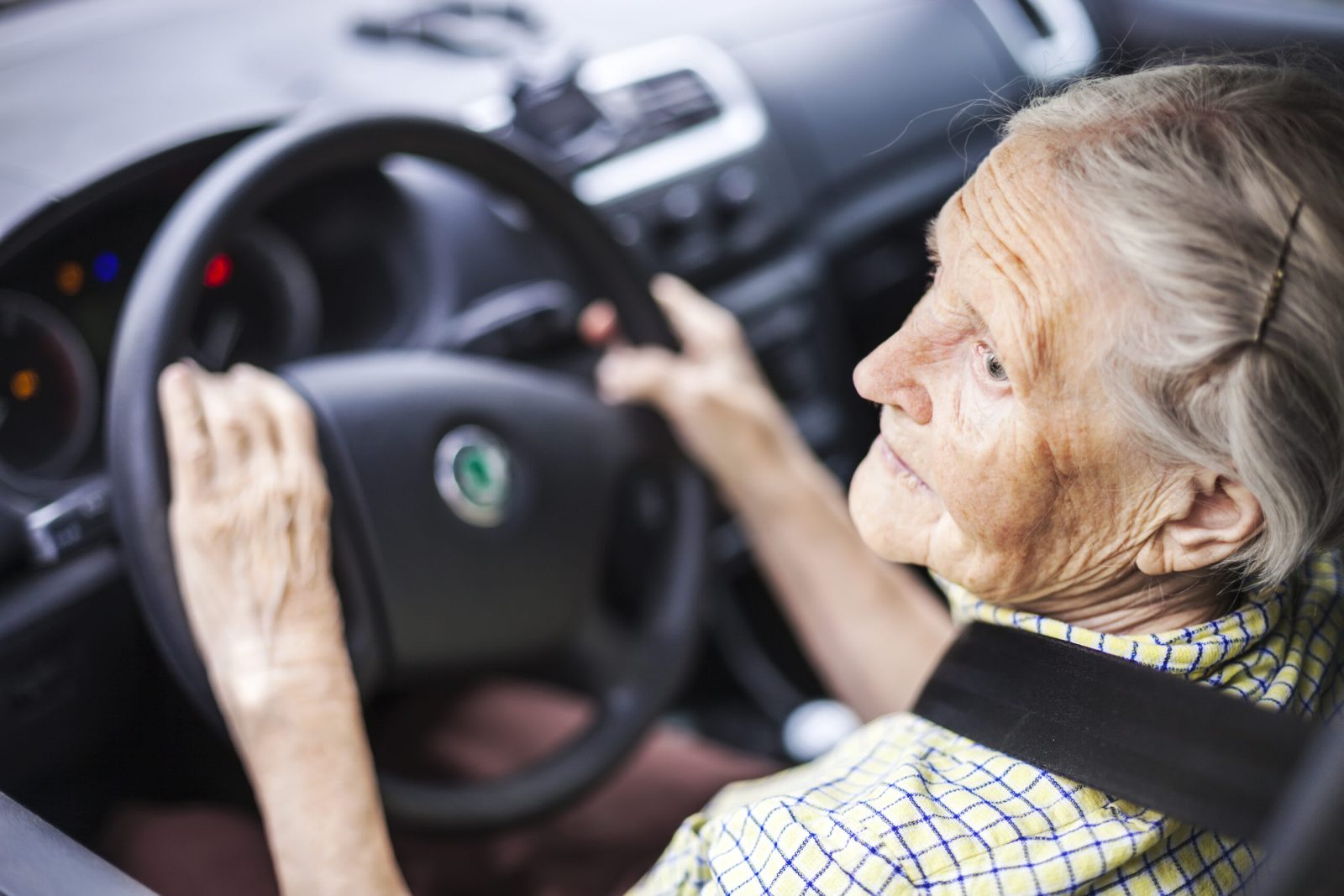As California’s population ages, understanding the process of license renewal for seniors becomes increasingly important. This guide aims to provide comprehensive information to help seniors navigate the requirements, procedures, and considerations associated with renewing their driver’s licenses in California.
Driving is a crucial aspect of independence for many seniors. It allows them to maintain their daily routines, stay socially connected, and access essential services. In California, where the senior population is projected to reach over 8.6 million by 2030, ensuring that older adults can safely renew their driver’s licenses is vital.
California DMV’s Renewal Policies for Seniors
The California Department of Motor Vehicles (DMV) has specific policies in place to address the needs of senior drivers. These policies aim to balance the safety of all road users with the independence of older adults.
Age-Specific Requirements
In California, drivers aged 70 and older are required to renew their licenses in person every five years. This policy ensures that the DMV can regularly assess the physical and cognitive abilities of senior drivers.
Renewal Cycle for Seniors
While most drivers can renew their licenses online or by mail every five years, seniors must visit a DMV office for an in-person renewal starting at age 70. This in-person requirement helps the DMV evaluate each senior driver’s fitness to drive.
Steps to Renew a Driver’s License in California
Renewing a driver’s license involves several steps, and it’s important for seniors to be prepared to ensure a smooth process.
Eligibility Criteria
To be eligible for license renewal, seniors must:
- Be a California resident
- Hold a valid California driver’s license that is not suspended or revoked
- Meet vision and health requirements
Documentation Required
Seniors should bring the following documents to their DMV appointment:
- Proof of identity (e.g., passport, birth certificate)
- Proof of residency (e.g., utility bill, lease agreement)
- Current driver’s license
- Completed Driver License or Identification Card Application (Form DL 44)
Renewal Process
There are three primary methods for renewing a driver’s license:
- In-Person Renewal:
- Schedule an appointment at a local DMV office.
- Complete the vision test and, if necessary, a written test.
- Provide necessary documentation.
- Pay the renewal fee.
- Online Renewal:
- Some seniors may be eligible to renew online if they meet specific criteria (e.g., no changes in medical conditions).
- Visit the DMV website and follow the instructions for online renewal.
- Mail Renewal:
- Seniors may receive a renewal notice by mail with instructions.
- Complete the required forms and return them with the renewal fee.
Vision and Health Requirements
The DMV places a strong emphasis on the physical and mental fitness of senior drivers.
Vision Test Specifics
All seniors renewing their licenses in person must pass a vision test. The DMV requires a visual acuity of at least 20/40 in one or both eyes, with or without corrective lenses. Seniors who fail the vision test may be referred to an eye care professional for further evaluation.
Medical Evaluations
Seniors with certain medical conditions may need to undergo a medical evaluation. The DMV may request a Medical Examination Report (Form DL 51) or a Driver Medical Evaluation (Form DS 326) to assess the impact of health conditions on driving abilities.
Reporting Health Conditions
Seniors are required to report any medical conditions that may affect their driving, such as:
- Cognitive impairments (e.g., dementia)
- Seizure disorders
- Severe diabetes complications
- Vision impairments
Failure to report these conditions can result in legal consequences and jeopardize road safety.
Options for Seniors with Limited Mobility
Recognizing that some seniors may no longer be able to drive safely, California offers alternatives to maintain their independence.
Reduced-Fee Identification Cards
Seniors who choose to surrender their driver’s licenses can apply for a reduced-fee identification card. This ID card serves as a valid form of identification for various purposes.
Senior ID Card Program
California also offers a Senior ID Card Program, which provides identification cards at no cost to seniors aged 62 and older who meet income eligibility requirements.
Preparing for the Renewal Process
Proper preparation can make the renewal process smoother and less stressful for seniors.
Scheduling an Appointment
It’s recommended to schedule a DMV appointment in advance to avoid long wait times. Appointments can be made online or by calling the DMV.
Practice Tests and Resources
Seniors can benefit from reviewing the California Driver Handbook and taking practice tests available on the DMV website. These resources help seniors refresh their knowledge of road rules and regulations.
What to Expect During the DMV Visit
During the DMV visit, seniors will undergo a vision test, provide necessary documentation, and possibly take a written test. The DMV staff will assist with any questions or concerns.
Driving Safety Tips for Seniors
As physical and cognitive changes occur with age, seniors can adopt strategies to enhance their driving safety.
Adapting to Physical Changes
To accommodate physical changes, seniors can:
- Adjust seat and mirror positions for better visibility
- Use assistive devices like cushions or steering wheel covers
- Opt for vehicles with advanced safety features
Safe Driving Courses
Organizations like AARP offer safe driving courses specifically designed for seniors. These courses provide valuable tips and techniques for maintaining safe driving habits.
Vehicle Modifications
Modifications such as hand controls, pedal extenders, and steering wheel knobs can help seniors with limited mobility drive more comfortably and safely.
Community Resources and Support
Various community resources are available to assist seniors with their driving needs.
Local DMV Offices
Seniors can find the nearest DMV office using the DMV website’s office locator tool. Some offices offer services specifically tailored to senior drivers.
Senior Transportation Services
Many communities provide transportation services for seniors who are unable or choose not to drive. These services include:
- Dial-a-Ride programs
- Volunteer driver programs
- Public transportation options with senior discounts
Support Groups and Organizations
Support groups and organizations like the California Senior Legislature and the California Department of Aging offer resources and advocacy for senior drivers.
Conclusion
Renewing a driver’s license is a crucial process for seniors in California, ensuring they can continue to drive safely and maintain their independence. By understanding the renewal policies, preparing adequately, and utilizing available resources, seniors can navigate the process with confidence. Staying informed and proactive about driving safety will help seniors enjoy the freedom and mobility that driving provides.












Leave a Reply